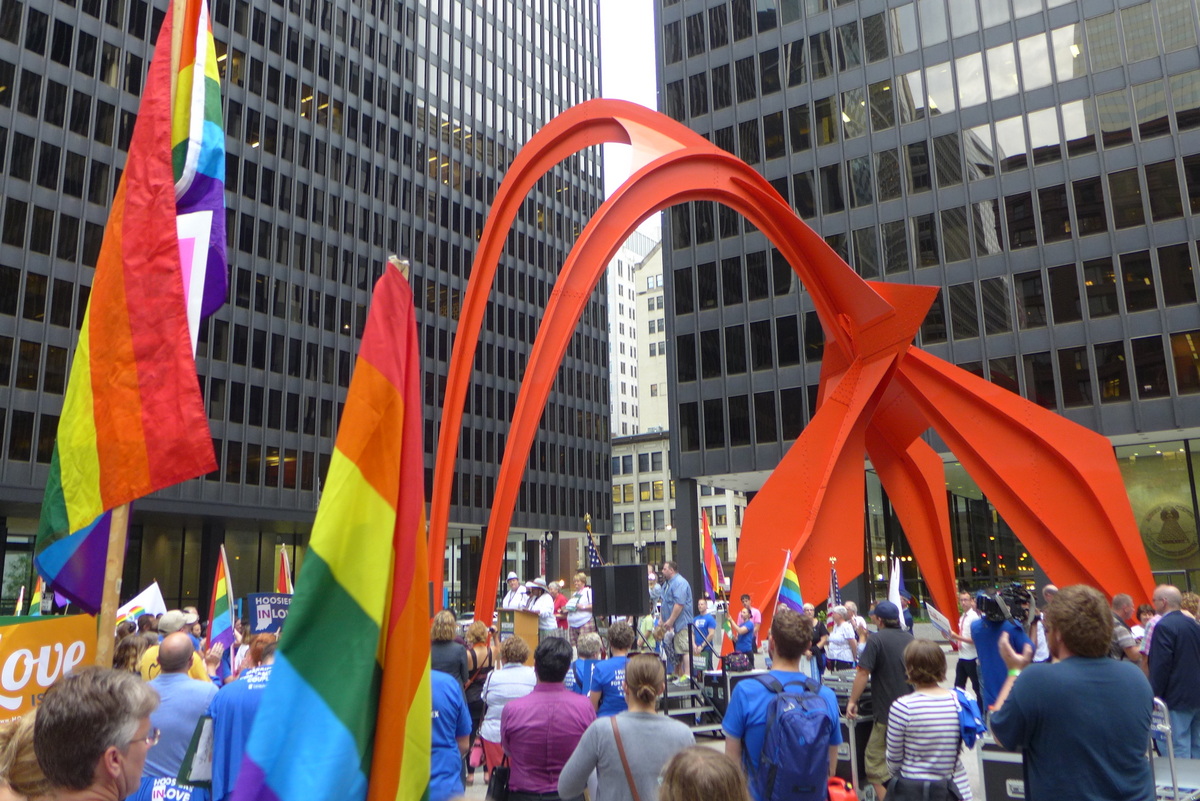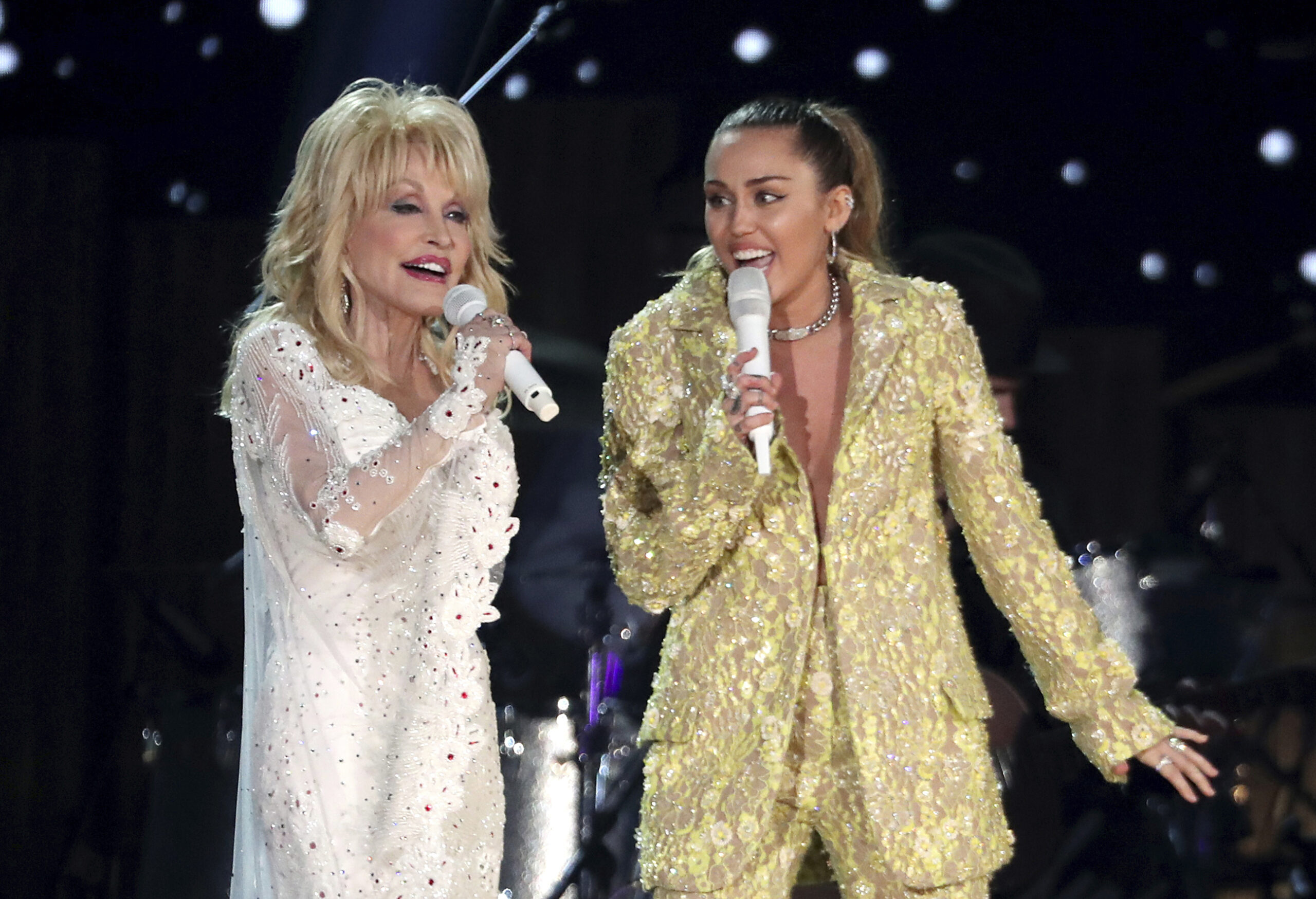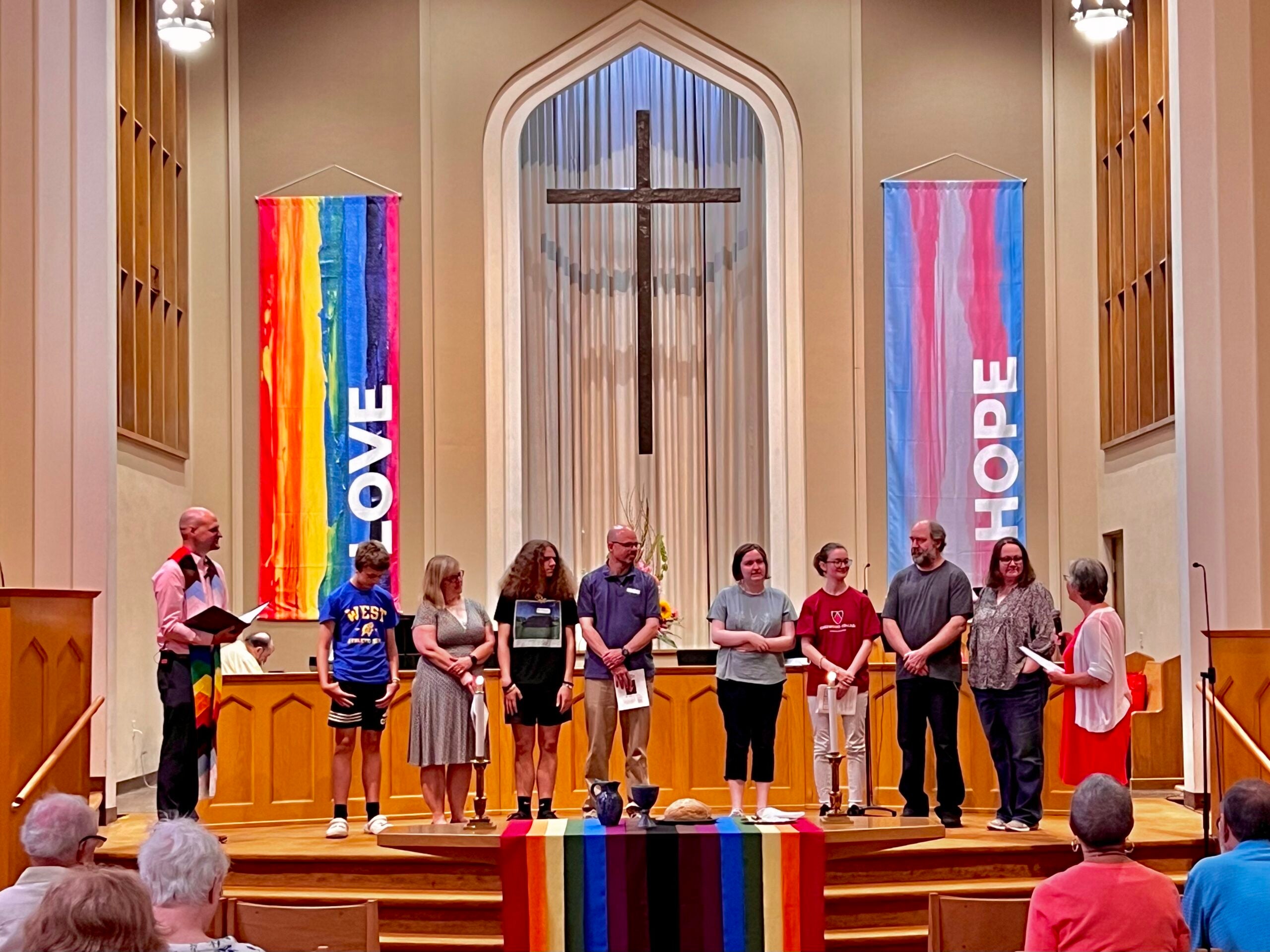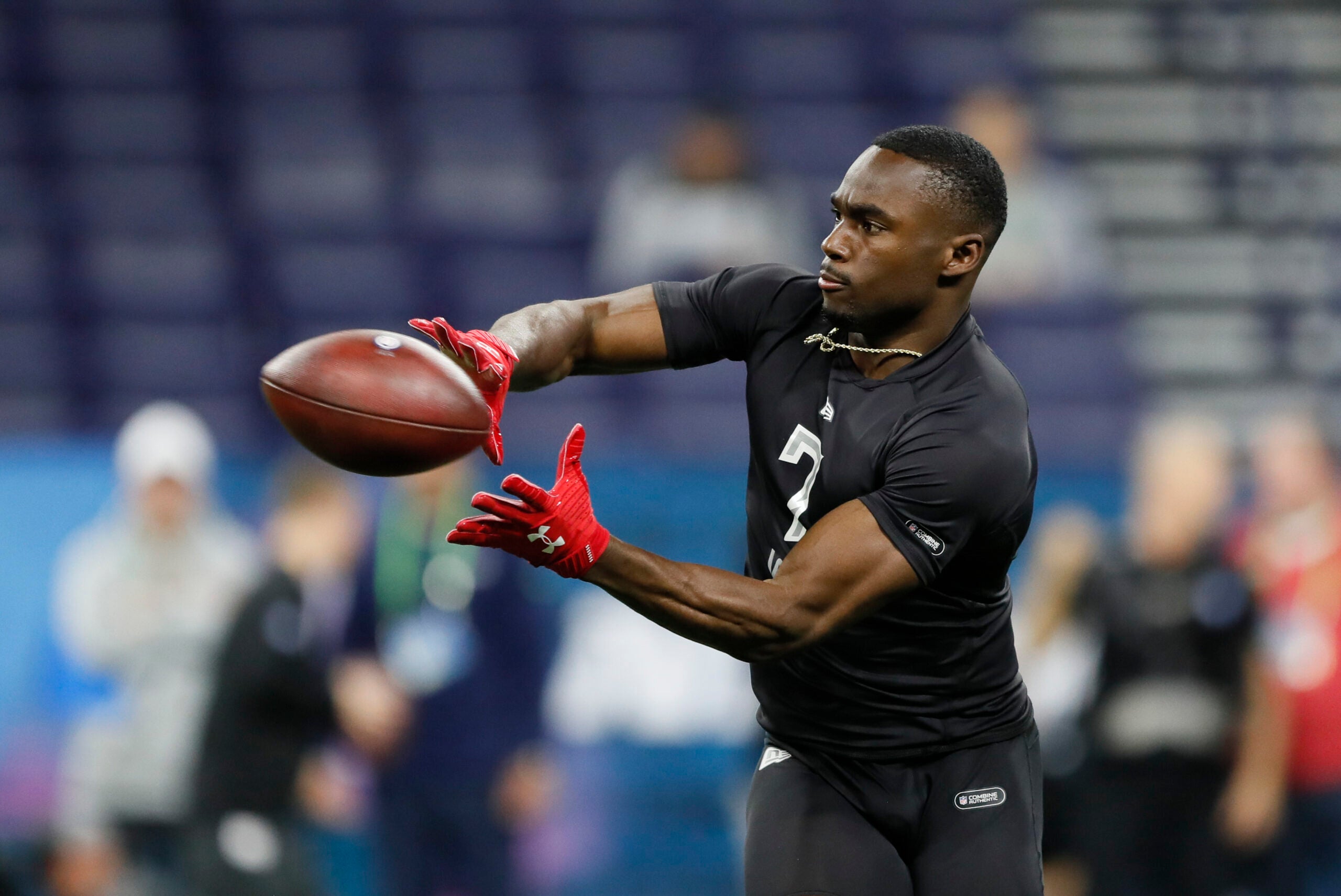A federal appeals court panel in Chicago heard oral arguments on Tuesday morning in separate lawsuits challenging Wisconsin’s and Indiana’s gay marriage bans.
U.S. District Judge Barbara Crabb overturned Wisconsin’s ban on same-sex marriage in early June, and for about a week hundreds of gay couples wed at county courthouses throughout Wisconsin. Crabb then reluctantly stayed her own ruling, pending the appeal of Wisconsin’s lawsuit.
On Tuesday, attorneys for the Wisconsin American Civil Liberties Union told a three-judge federal appeals panel that the stay should be lifted since the ban serves no useful purpose, and in fact, burdens the federal constitutional rights of same-sex couples.
News with a little more humanity
WPR’s “Wisconsin Today” newsletter keeps you connected to the state you love without feeling overwhelmed. No paywall. No agenda. No corporate filter.
The three judges relentlessly questioned the rationale for Wisconsin’s gay marriage ban. By far the most aggressive questions were lobbed by Judge Richard Posner, who was appointed by President Ronald Reagan to the 7th Circuit Court of Appeals.
As evidenced in the following exchange from the hearings, Posner repeatedly pressed Assistant Attorney General Timothy Samuelson to explain the reasoning behind Wisconsin’s gay marriage ban:
U.S. Judge Richard Posner: Look, answer my question. Who is being helped by this law if anyone?
Assistant Attorney General Timothy Samuelson: I think society is.
Posner: How? How is society being helped?
Samuelson: As Mr. Fisher discussed, marriage is an institution that provides for a …
Posner: I know, but how is it being … You’re not trying to force homosexuals into heterosexual marriage.
Samuelson: No, we’re not.
Posner: So what is the harm of allowing these people to marry?
At one point, Samuelson said the law upheld the tradition of marriage. Posner fired back by saying that at one time in the U.S., there was a tradition of banning people of different races from marrying.
Posner: So in other words, tradition per se is not a ground for continuing. “We’ve been doing a stupid thing for 100 years, 1,000 years — we’ll keep doing it because it’s tradition.” You wouldn’t make that argument.
Samuelson: We’re not making that argument.
Posner: Don’t you have to have some empirical or some practical or common sense basis for barring these marriages?
Samuelson and Posner traded similar exchanges throughout arguments.
Samuelson: The tradition is based on experience, and it’s the tradition of western culture.
Posner: It’s based on hate, isn’t it?
Samuelson: No, not at all your honor.
Posner: No? You don’t think there’s a history of rather savage discrimination against homosexuals?
Posner will decide this case with Judge Ann Williams, who was appointed to the court by President Bill Clinton; and David Hamilton, who was appointed to the court by President Barack Obama.
There’s no telling exactly when the appeals court will rule in these cases. Whatever it decides may well be appealed to the U.S. Supreme Court.
Plaintiffs in the Wisconsin case arrived in Chicago on Monday night for a rally outside the federal courthouse. Marie Carlson of Milwaukee told the crowd that she asked her same-sex partner to marry her eight years ago.
“Neither one of us believed that it would be legal for us to marry, but yet, our dream of being able to legally wed is on the docket of the 7th Circuit Court of Appeals,” she said. “How cool is that?”
Plaintiff Bill Hurtubise of Racine and his same-sex partner took the stage with their three young children.
“Our families accept us. Our friends accept us. Our employers accept us. Our neighbors accept us. Our church accepts us. We hope the government will now accept us. We ask for the right to marry,” said Hurtubise.
Wisconsin voters added the gay marriage ban to the state’s constitution in 2006. Attorney General J.B. Van Hollen has said it’s his constitutional obligation to defend it.
Listen to the oral arguments for both the Wisconsin and Indiana cases here.
Wisconsin Public Radio, © Copyright 2025, Board of Regents of the University of Wisconsin System and Wisconsin Educational Communications Board.






